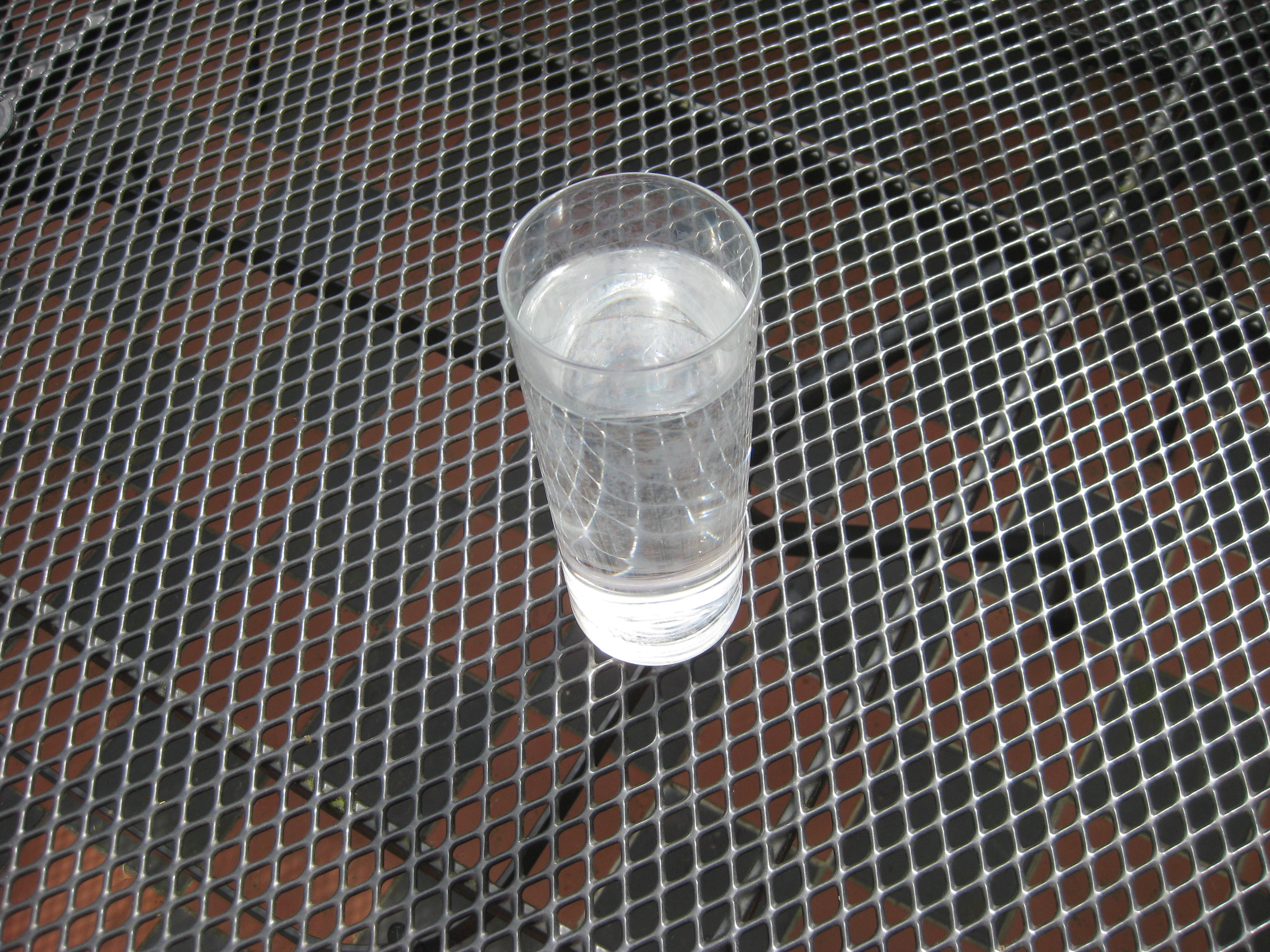The Importance of Drinking Water

Drinking Water Is Good For You
The Importance of Drinking Water
· Water is essential for health.
· It is important to remain hydrated.
· 60 -70% of your body is made up of water.
· Water moves nutrients around your body plus oxygen, vitamins and minerals to where they’re needed and takes waste products to excretory organs.
· Water plays a vital role in temperature regulation. It distributes heat around the body from places where it is produced e.g. exercising muscle to cooler places like the skin’s surface.
· Every chemical reaction in the body occurs within an environment of water.
· Metabolism and other body functions remain efficient thanks to water.
· Some water comes from the food we eat e.g. fruit and vegetables.
· 2-2.5 litres of water are lost per day when the body is at rest. This needs to be replaced.
· Activity increases water loss.
· Water loss can result in sluggish metabolism, headaches, fatigue and inefficient kidneys.
· Water is lost through breathing, sweating, exercise and urinating.
· Thirst is NOT an indicator of fluid status.
· Thirst is a response to dehydration and that means when you are thirsty it is too late.
· Thirst is satisfied before full hydration.
· Benefits of increasing your water intake can show quick results if you are dehydrated.
· At first if you increase your water intake you will make more frequent visits to the toilet but this settles down in a couple of weeks.
· Coffee, tea, alcohol and many soft drinks are diuretics and these drinks speed up water loss.
· Dark coloured urine is a sign of dehydration.
· Drink regularly through the day.
· To ensure hydration sip water at regular intervals in the day, aim for 2 litres a day at first and slowly increase to 2.5 -3 litres.
· 2% water loss slows metabolism and energy so muscles start to feel tired.
· 4% loss of fluid reduces the capacity for work.
. 5% loss is heat exhaustion.
In hot weather it is even more important to remain hydrated – so keep drinking the water.


